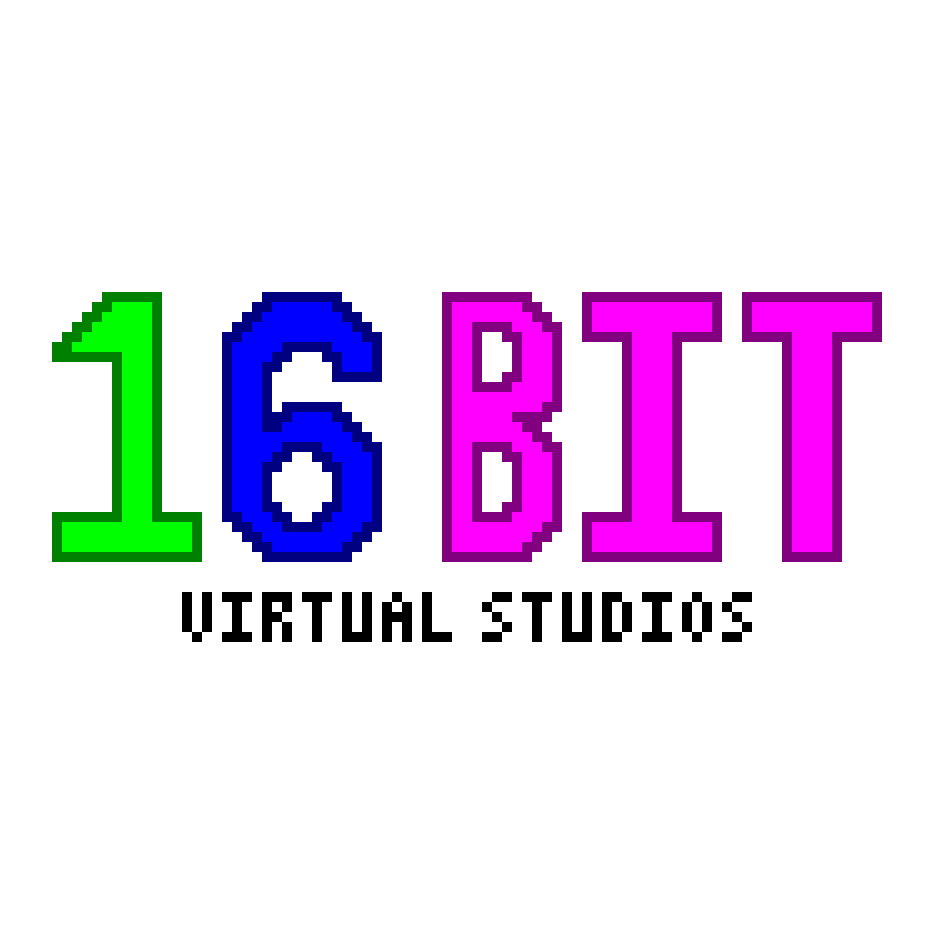You can download the files on:
Thingiverse: https://www.thingiverse.com/thing:6615905
Printables: https://www.printables.com/model/874747
FreeCAD Design Files: https://github.com/the16bitgamer/16BitVirtualStudiosDesigns/tree/main/GLoA E-Reader Cases/6 inch
The files are for all the 3D Printable components which makes up the e-reader case. What’s not included in the files is the cutting profiles for the case that holds it. But you can just use duck tape or some flexible adhesive and it’ll work. Along with the screws, nuts and magnets required.


I have both (cuz I’m selling the case and needed to test), and I’m working on a video review for it.
Tldw for the video is this. Clara BW is a Clara 2e, processor, ram, and storage are spec exactly the same, even the power button and sleep sensor is the same position. It only took me 9 days to make these since I reused the sleep cover from my 2e case design. However it’s a little snappier, making it on par with the latest Kindle for books. Still slow for comics.
The e-reader shown is the Clara color, despite the spec bump feels exactly the same as the Clara BW. Unless you read colored books like magazines, comics, or textbooks it’s not worth the upgrade. Kobo really needed more than 16GB of storage.
That said I was never a fan of Kobo so the Clara color is the first one I actually like.
Thanks, that’s interesting to know. Personally I never had an issue with the 16GB but I mainly read epubs so space isn’t that much of a concern for me. I can see why that would be different on a color model which would also be used for comic books.
If you don’t like kobo, which brand do you prefer? My previous reader was a tolino, which nowadays is almost the same hardware as a kobo but android based instead of linux. Personally I much prefer the kobo over that one.
16GB is more than enough for most written books, ranging from 1-3MB. But for comics they can range from 93MB to 250MB or more. As such while you can have 5000+ Books on your Kobo, you can only have 65 comics, and considering how large some manga series are, that’s not enough to keep everything on the same device.
My gripe with Kobo is how they organize their books, and while I could organize them into collections, for DRM free books, they don’t store them in the system, so if I remove and re-add a book to my e-reader, I have to manually re-add them to the collection. But in truth no e-reader is perfect, the closest I found is the Pocketbook, since they offer SD Card support, but I opted for the Onyx Boox Nova 3 Color. I like the fact I can write on it, like a remarkable tablet, it’s running Android so I can get a lot of utility out of it. But I don’t like the fact that it’s a chinese android tablet stuck on Android 10 with no OS updates in sight, and the lack of Micro SD Card support (though USB support is nice).
You win some you loose some.
Oh yes, the organization is inconvenient if you sideload stuff. The tolino I had automatically grouped books in the same folder into a collection.
I managed to get something similar working with the autoshelf mod on the kobo but it is inconvenient that it is not a default feature. On the upside, I can also use the autoshelf mod to parse series information based on the books filename.
On the topic of modding, I believe kobos use an sd card internally for storage which you can technically change for a much larger one but that requires opening the device, cloning the existing card and expanding the filesystsm. Not to mention that the water resistance will most likely suffer from that process
New ones can’t ifixit shows that it’s soldered in now. No easy storage upgrades (and I would’ve totally done it too).
Do you have more information you can share on this auto shelf mod?
Here is the link to the forum post of the autoshelf mod. It says its for the Aura but I have it working on the Clara 2E and I believe someone reported it also working on the Libra or whatever the 7 inch model was called.
It’s a simple to install but unfortunately a bit fiddly in my opinion. When you plug the reader in via usb, a symbol appears on the device screen that you can tap to run autoshelf upon usb disconnect. Unfortunately it only works on books that have already been added to the device, so you have to plug your reader in twice. Once to transfer the books and a second time to run autoshelf on the added books.
I also use NickelMenu in which I added a button to run autoshelf without having the USB plugged in. My script works by pretending the USB was plugged in, thereby showing me the usb screen and allowing me to tap the autoshelf symbol and then waiting for around 10-15 seconds before “unplugging” the USB again which causes the autoshelf to execute.
That’s incredible. Now I need to remember this next time I add books!!
That’s the fun thing about the Kobo being linux based. Once you get shell access the flood gates are open. I transfer my books over SFTP instead of plugging in USB everytime and then execute the book scan from NickelMenu.
I don’t understand and am now motivated to look up these terms.
I ended up using Koreader on a Kobo as it lets you browse via folders.
I can copy the books onto it in my preferred folder structure and just browse them as required.